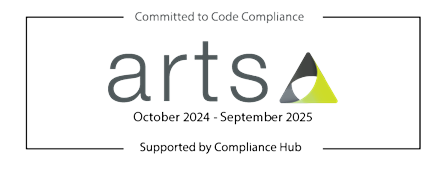Alcoholics Anonymous as a resource for GPs and other healthcare practitioners - Cochrane Evidence and NICE Recommendation
The Cochrane Evidence Review on Alcohol Use Disorders (AUDs) showed that AA/12 Step Programmes (AA/TSF) produced similar benefits to cognitive behaviour therapy and motivational enhancement therapy on all drinking-related outcomes, except for continuous abstinence and remission, where AA/TSF was superior. The NICE Guidance Quality Standard (QS11) incorporated this evidence into ‘Alcohol-use disorders: diagnosis and management’.
Quality Statement 2 sets out:
‘Adults seeking help for an alcohol-use disorder are given information on, and support to access, community support networks and self-help groups.’
The talk will suggest how AA might cooperate with GPs and other healthcare practitioners, reducing their clinical workload and improving identification and care for people with AUDs.
- 1.The Cochrane Evidence Review for the efficacy of AA/12 Step Programmes (AA/TSF) in people with AUDs
- 2.The NICE Quality Standard (QS11) recommendation for AA/TSF
- 3.How AA might cooperate with GPs and other healthcare practitioners
- 4.The 2020 AA survey showed that in 65% of respondents, their concept of a ‘Higher Power’ had a secular basis, compared with only 35% whose views had an overtly religious basis, thus exploding the widely-held misconception that AA is a religious organisation. AA has members of all religions, no religion and different cultures.





